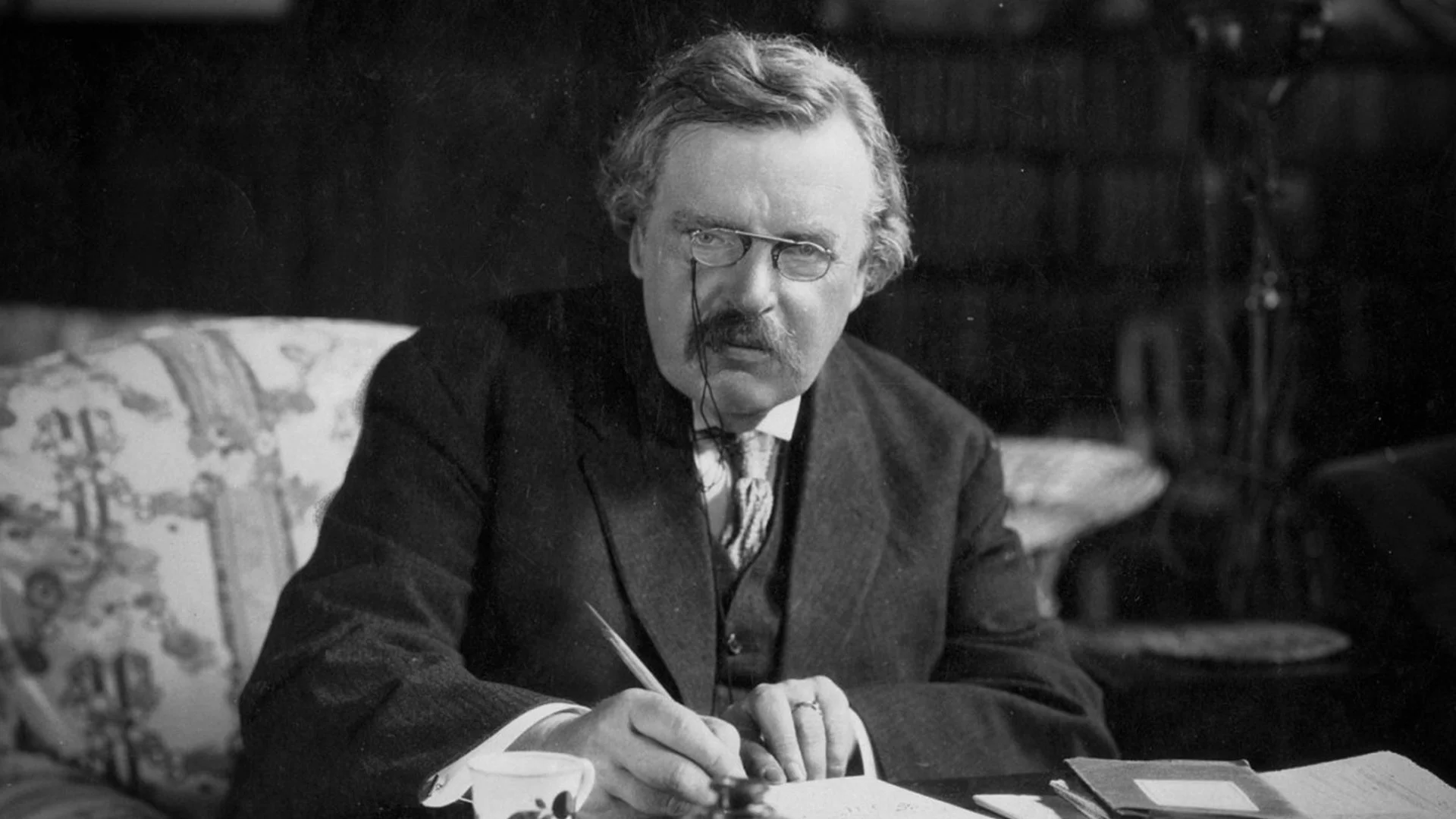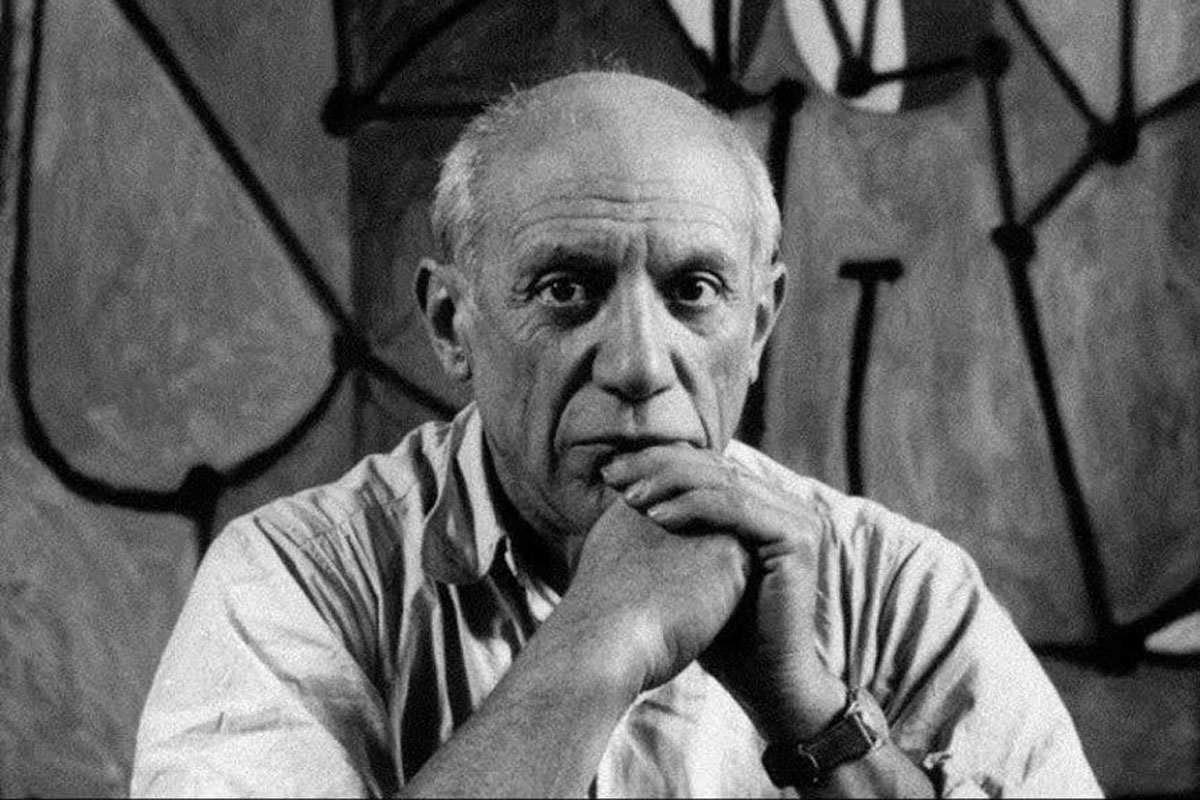This series of articles seeks to examine the character attributes of highly successful leaders, regardless of their adherence to a strong faith or moral standard. In presenting these thoughts, Leadership Ministries is not agreeing with or advocating these traits or practices, but rather presents these as ideas for discussion and development in your own leadership journey.
Michael Jordan (1963-) is a former professional basketball player and businessman. He played 15 seasons in the NBA and won six NBA championships with the Chicago Bulls. Jordan is widely considered to be the greatest basketball player of all time. He popularized the game worldwide and has become a global cultural icon.[1] Jordan was born in New York, but he grew up with his family in Wilmington, North Carolina. In high school, he played basketball, baseball and football, but excelled especially in basketball. During high school he wore what became his signature jersey number, 23.
Jordan first emerged as a sports star for the North Carolina Tarheels basketball team. They won the NCAA National Championship in 1982. He became known for both his scoring and defensive capability. He would often leap into the air to make a basket, earning him the nickname “Air Jordan”. Jordan is a basketball legend, holding ten NBA scoring titles, five NBA MVP awards, 10 All-NBA First Team designations, nine All-Defensive First Team honors, fourteen NBA All-Star Game selections, three NBA All-Star Game MVP awards, three NBA steals titles, and the 1988 NBA Defensive Player of the Year Award. In 1999, Jordan was named the Twentieth century’s greatest athlete by ESPN, and was second to Babe Ruth on the Associated Press' list of athletes of the century.
Performance as a driver. Jordan’s worth ethic is legendary. He was known for his intensity during daily practice sessions, focusing on details like ball-handing, jump shots and simple mechanics. His fellow players knew he approached practices with the same intensity he had in games. Even at the peak of his career he was always trying to improve his game and learn new moves. He set a high bar for his teammates and expected everyone around him to put in their best effort. He was not well liked by many fellow players as he did not tolerate clowning around or complacency on the court. Jordan often had three physical workouts a day, treating his body like a machine for peak performance.
His flying leaps to the basket earned him the nickname, “Air Jordan”, which later became the centerpiece of his personal brand. Photo: Adobe Firefly AI
Jordan’s personal trainer, Tim Grover, said, “No matter what happened the night before—good game, bad game, soreness, fatigue—he was up working out every morning while most other guys slept. Interesting how the guy with the most talent and success spent more time working out than anyone else.” Even after the toughest of games, Grover recalls that there was never an instance where Jordan asked to take the next morning off. In his book, Grover wrote, “Michael would shut down everything outside of basketball and just train. Three workouts a day: workout, golf break, workout, lunch, golf break, workout, dinner, bed. Every day. No commercial shoots, no promotional tours, no events. He just worked because he knew better than anyone else that all the outside stuff resulted from hard work on the inside, not the other way around. Shoe deals and commercials don’t make you an icon. Being unstoppable makes you an icon. And being unstoppable only comes with hard work. Be professional.”
The mental game. At the top of his career in basketball, Jordan stepped away to try his hand at Major League Baseball. The exercise was psychological. He wanted to take a risk to accomplish something new. He said, “I can accept failure, everyone fails at something. But I can't accept not trying. I've missed more than 9,000 shots in my career. I've lost almost 300 games. 26 times, I've been trusted to take the game winning shot and missed. I've failed over and over and over again in my life. And that is why I succeed.” His foray into baseball was primarily a mental challenge.[2] Success was not guaranteed, and Michael intended to apply the same energy and work ethic to baseball to see if he could also be successful in another arena of competition.
Jordan is known for an “old school” state of mind, believing that nothing of value would be handed to him, and he had to prove himself every day to his greatest critic—himself. He said, “If you do the work, you get rewarded. There are no shortcuts in life.” During the 1997 NBA finals, Jordan had flu-like symptoms. He was told by his trainer and coach not to play. He later discovered he had food poisoning. Yet he powered through with severe stomach pain and a fever, scoring 38 points in the game. He said, “My innate personality is to win at all costs. If I have to do it myself, I’m going to do it.”
Success across businesses. Today Michael Jordan is most well-known for his personal brand and strategic licensing. His Air Jordan sneakers are among the world’s best sellers. As he became successful on the basketball court, he applied his name only to products and ventures that met his exacting standards. He applied risk with ventures like NBA ownership and investments in motorsports. The Air Jordan brand redefined athletic endorsements, shifting from individual stars to multiple players whose work ethic and on-court performance live up to Jordan’s standard. He tells players who wear his brand, “Don’t embarrass my shoes.” In several instances, Jordan did not permit players to wear his brand on the court because they were not a member of “Team Jordan.”[3] When asked about his brand, Jordan said, “It’s not about the shoes. It’s about what you do in them.”

































Frank Winfield Woolworth was an American entrepreneur, and founder of the F. W. Woolworth Company. He pioneered the retail variety stores which featured low-priced merchandise selling for 5 and 10 cents.